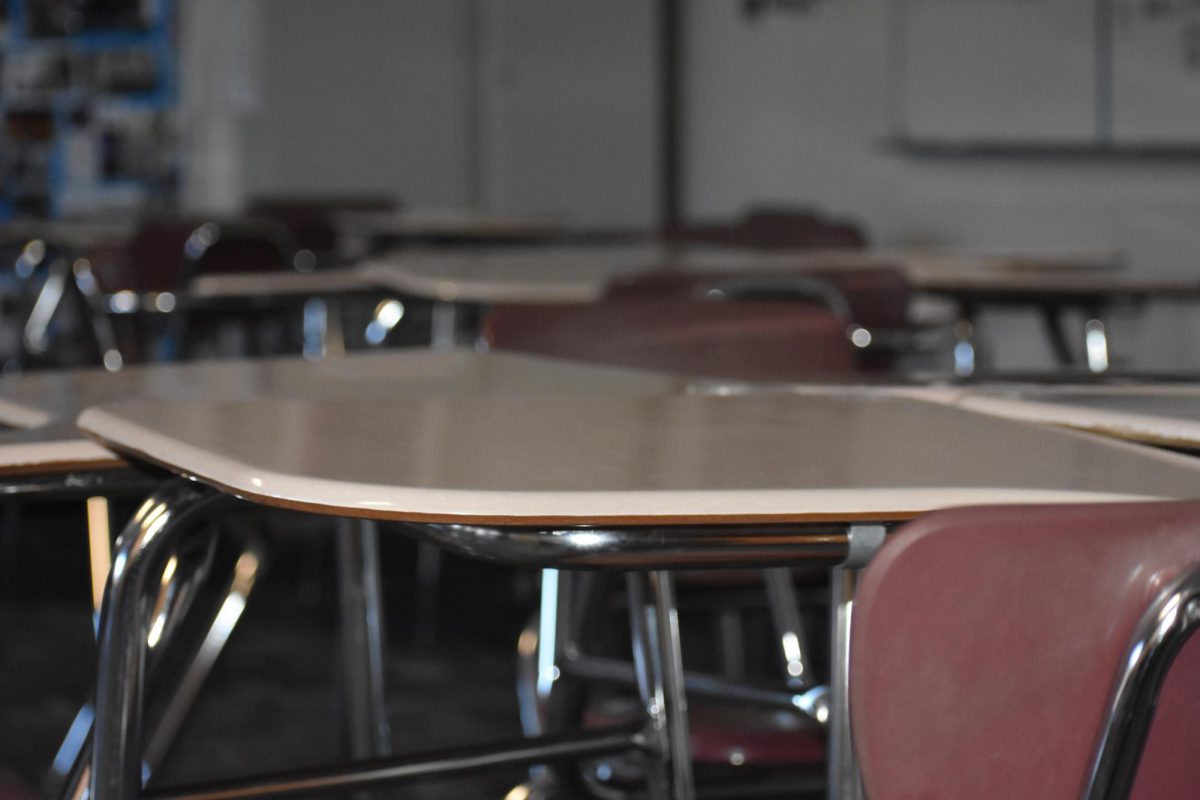The idea of a teacher, a person who exists to extend their knowledge to students with an equal desire to learn, has been around for centuries. Teachers have taken many forms, shifting from individuals who teach their trades through generations of apprentices or oversee numerous grades in one small schoolhouse, to fit the mold of a present-day educator.
By the time a student reaches high school, they will have experienced many different teachers in a variety of subjects. Many learners have since formulated their own opinions on what makes a good educator, and how certain personality traits ultimately lend themselves to a better learning experience.
One of the most notable indicators of a “good teacher” is the amount of respect they show their students. Of course, immaturity can mar any relationship between student and teacher when a pupil thinks they can speak over the person who is running the classroom, or treat them as a close friend instead of a mentor. However, all too often, it feels as though teachers do not understand that respect goes both ways, that one must be given consideration in order to receive it. Feeling overlooked by a teacher can make students become disinterested in their education, unable to feel enthusiastic to learn from someone who seemingly does not care about them.
The amount of interest given to each student also factors into another important aspect of good teaching: the passion a teacher has for their job. While it is beneficial for a teacher to be spirited when discussing their chosen subject, many agree that it is much more important–and crucial to one’s learning experience–if an educator is impassioned about teaching itself. Some even feel that there is a domino effect in which a teacher’s ardent lessons make a student become much more involved and interested in what they are learning, even if it is in a subject they typically dislike.
For many students, one of the worst things a teacher can do is to pick favorites–and make this inclination glaringly obvious. While a teacher having certain students they inherently gravitate toward is largely inevitable, students often take note when that preference starts to create divisions between the class, separating those who are liked by the teacher versus those who are not. Often, students feel singled out by not being a designated “favorite,” creating tension among classmates, and leading to some of the aforementioned issues, such as a subsequent lack of enthusiasm to learn.
Conversely, one of the best things students can receive from their teachers is specific and clear instruction. While this may seem obvious, many students have found that when asking a question about course content or homework, they will receive an answer that leaves them even more confused, questioning their own teacher’s knowledge on the subject. A teacher’s ability to anticipate and understand student questions, as well as give a satisfactory answer and ensure their student fully comprehends it, goes a long way in providing a well-rounded education experience.
In the end, there is no such thing as a perfect teacher. Oftentimes, students are receiving the best instruction they can get from educators who are putting their heart and souls into their teaching, even if it does fall short at times. However, many students can often agree that desiring thorough instruction, obvious enthusiasm, and a healthy balance of treatment between students and teachers is not necessarily the bare minimum for a classroom, but should not be considered an unrealistic expectation for teachers to achieve.
Students go to school to learn, and that is exactly what a teacher is paid to do in return.



